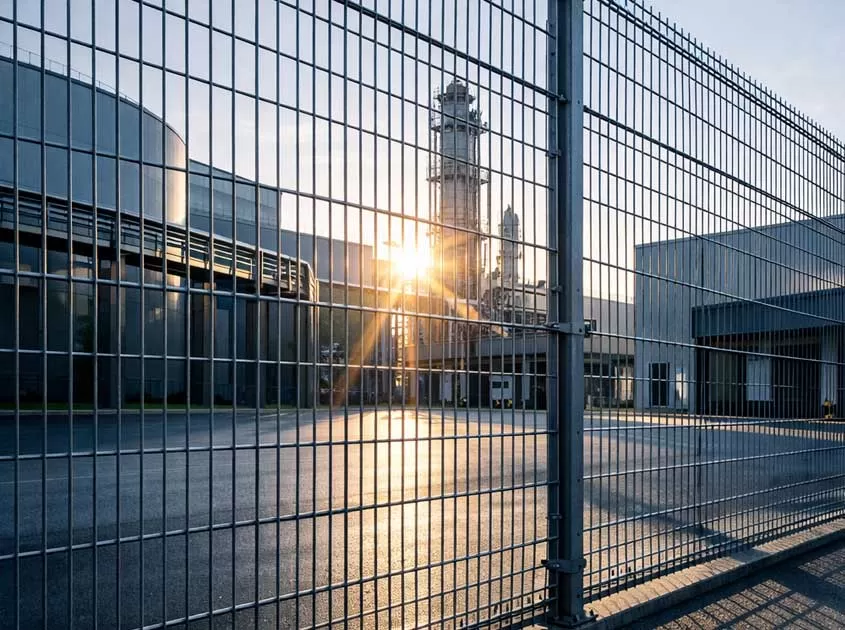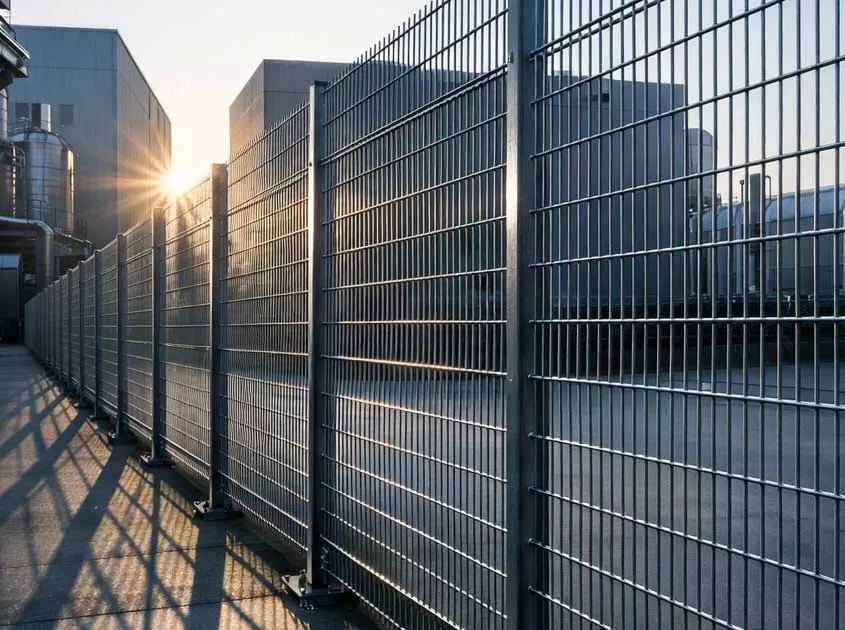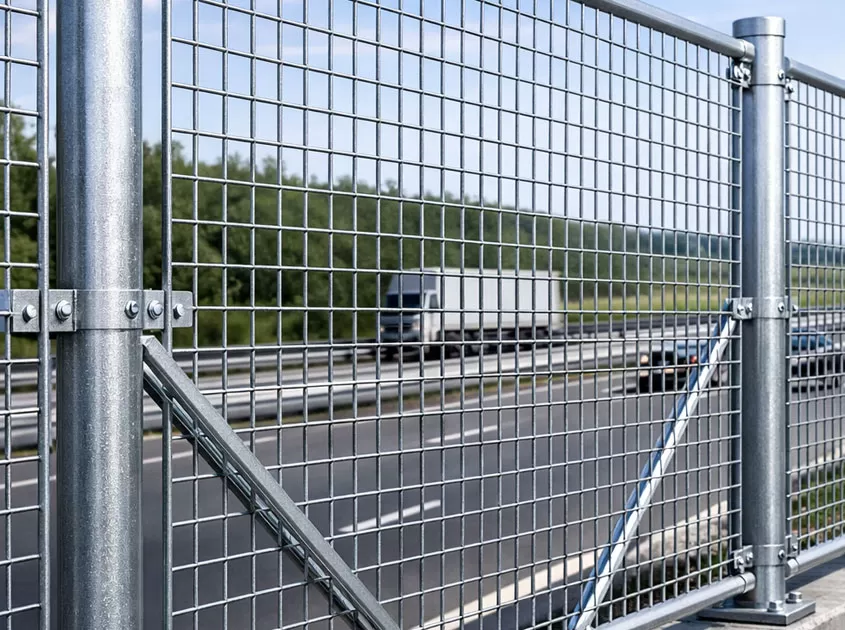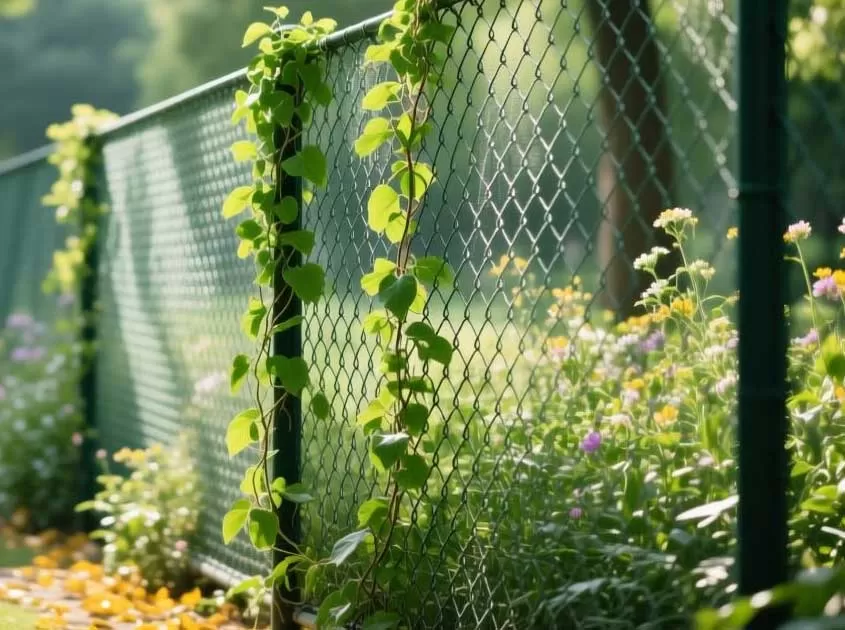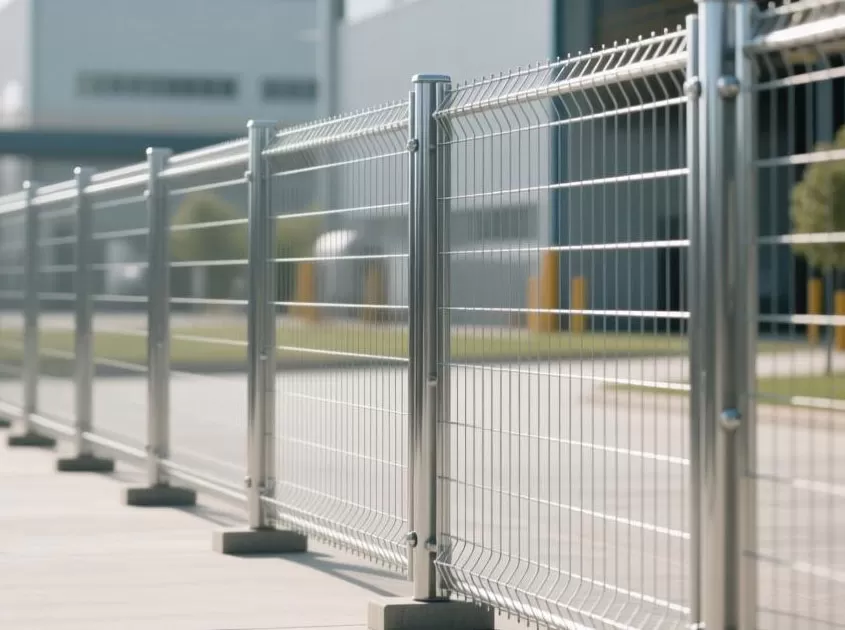Stainless steel mesh has good performance and excellent use
Stainless steel mesh has good corrosion resistance, high temperature oxidation resistance, good low temperature performance and excellent mechanical system performance. Therefore, we are widely used in screening and filtration, chemical fillers, oil screening and other industries in the acid and alkali environment under economic conditions. The main purpose of its work is to prevent corrosion and rust.
The corrosion resistance of stainless steel wire mesh mainly depends on the formation of passive film on its own surface. If the passive film is incomplete or has some defects, stainless steel will still be corroded by society. In engineering, pickling and passivation are usually carried out to make greater use of the corrosion resistance potential of stainless steel.
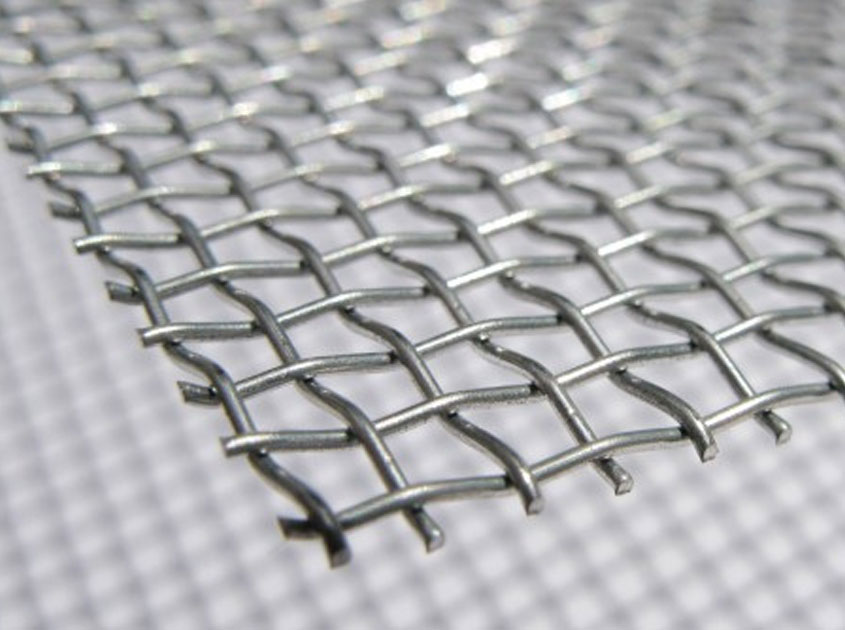
During the forming, assembly, welding and welding inspection of stainless steel production equipment and components, such as inspection, pressure test and construction safety labels, the content of some surface oil stains, rust, non-metallic organic pollutants, low melting point metals, paint, welding slag and splashes will be brought. These are substances that affect the surface quality of stainless steel electronic equipment and parts in China, and will damage the oxide film on the surface. In order to reduce the corrosion resistance of stainless steel wire mesh, it is necessary to comprehensively analyze the corrosion control performance and local corrosion resistance (including pitting and intermittent corrosion), and even increase the internal stress of corrosion cracking.
The cleaning, pickling and passivation of stainless steel wire mesh surface materials not only maximize the corrosion resistance, but also prevent financial products from being pollution-free and have a more beautiful effect. Anti corrosion design requires pickling and passivation of stainless steel wire mesh and composite plate on the surface of vessel during manufacturing. This regulation is a filtering method adopted from the perspective of the University of Petroleum and Chemical Engineering, because their teaching equipment management is a corrosive medium that directly contacts students. Pickling and passivation are necessary to ensure corrosion resistance.
For other related industries, such as not only for anti-corrosion purposes, based on this cleanliness and aesthetic requirements, stainless steel materials do not need pickling and passivation. However, the welds of stainless steel equipment still need to continue pickling and passivation to improve the corrosion resistance repair efficiency of stainless steel wire mesh passivation film.
-
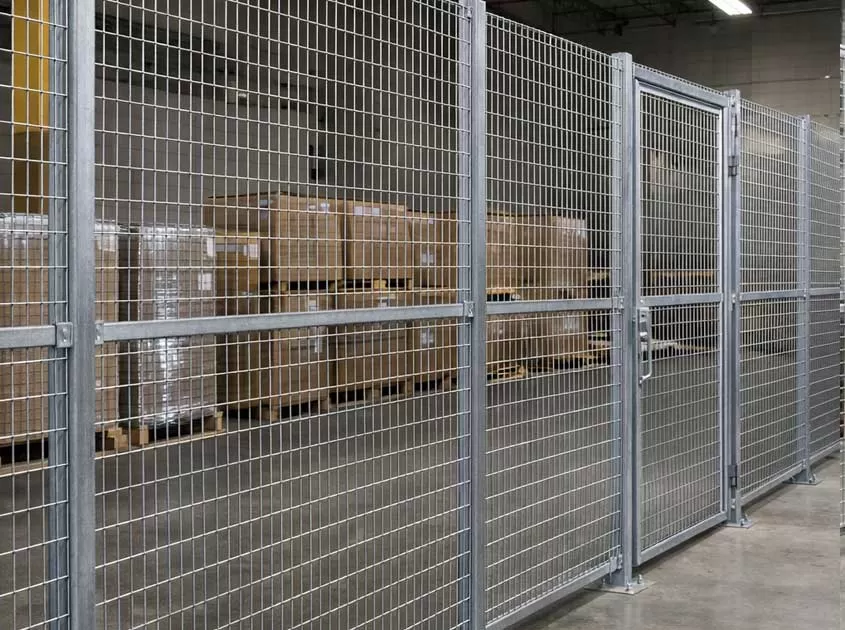 Best Welded Wire Mesh for South American Markets Feb 03, 2026
Best Welded Wire Mesh for South American Markets Feb 03, 2026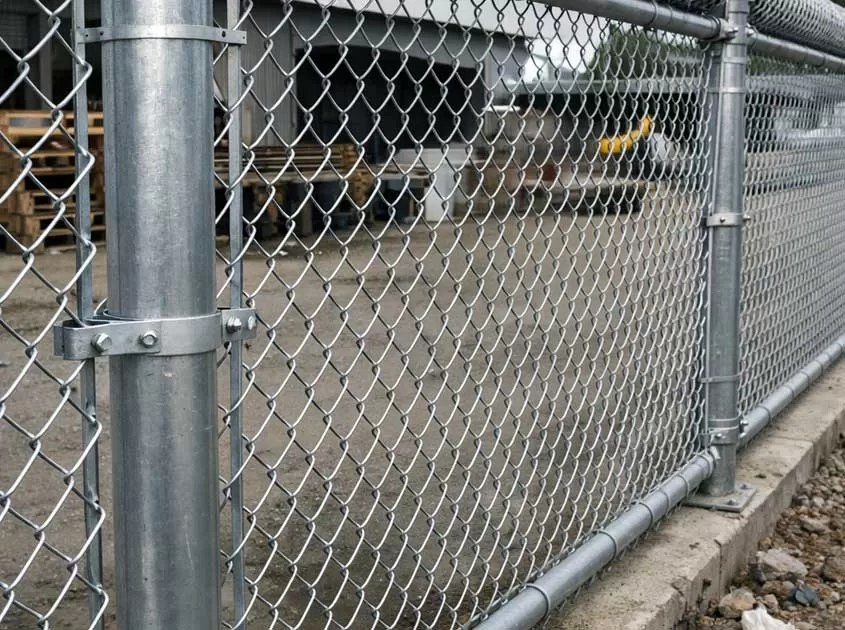 Why Galvanized Wire Mesh Is Popular in South America Jan 26, 2026
Why Galvanized Wire Mesh Is Popular in South America Jan 26, 2026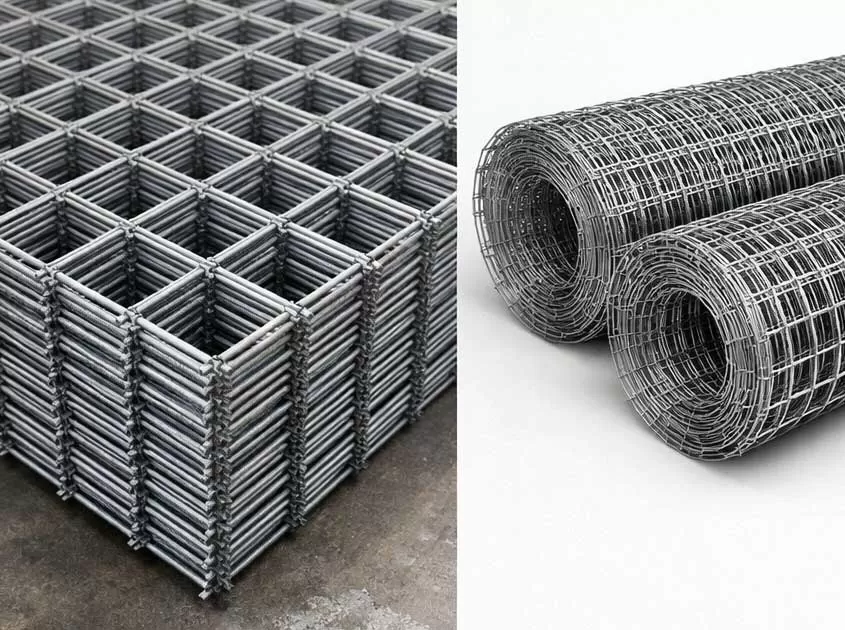 How to Check the Quality of Welded Wire Mesh Jan 16, 2026
How to Check the Quality of Welded Wire Mesh Jan 16, 2026

- Tel.: +86 311 83077076
- E-mail: sales@qunkunmetal.com
- Skype: qunkunsales01
- WhatsApp: 8618032412189
- Add.: No.69 The Filter Industrial Part of Anping, Hebei, China




